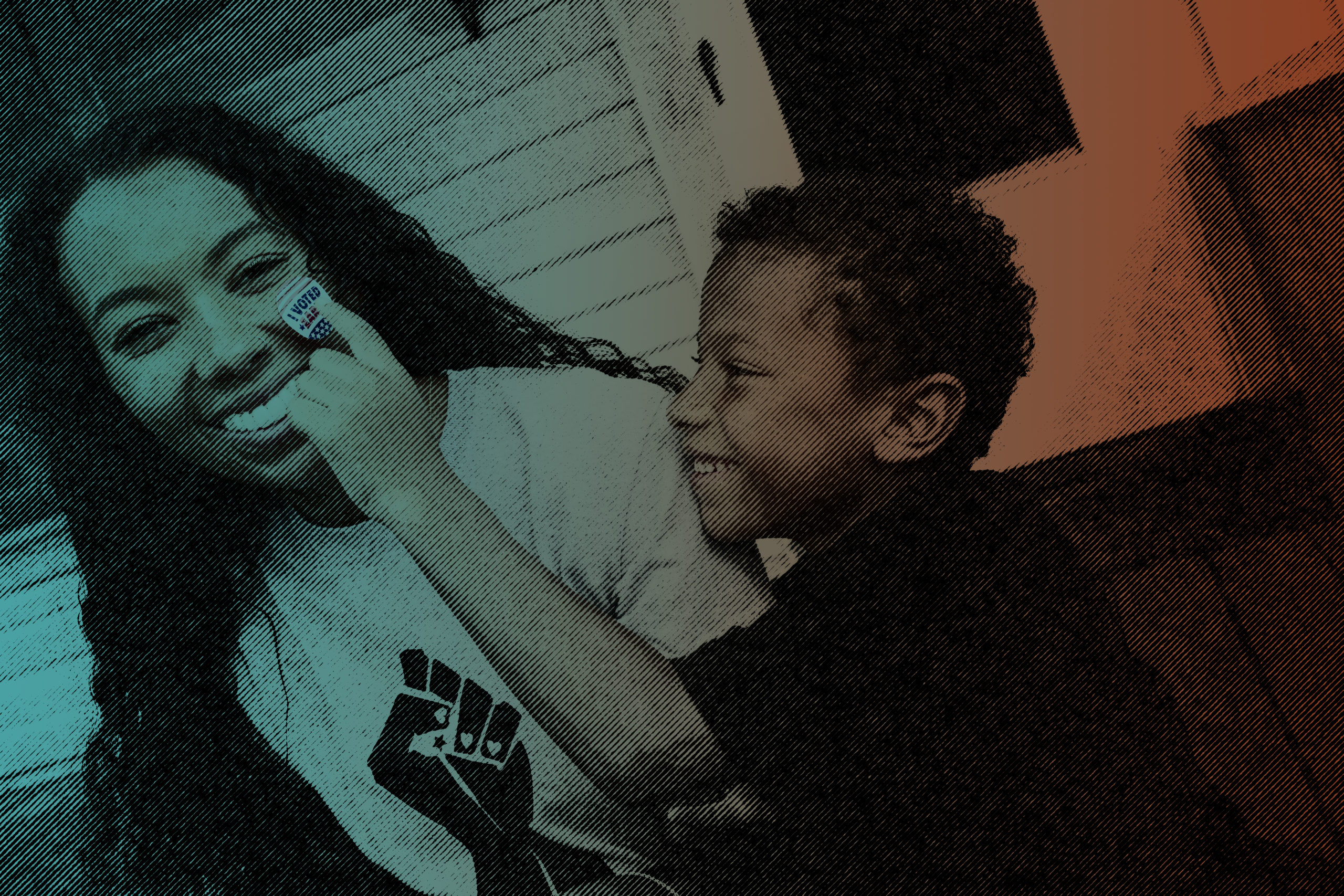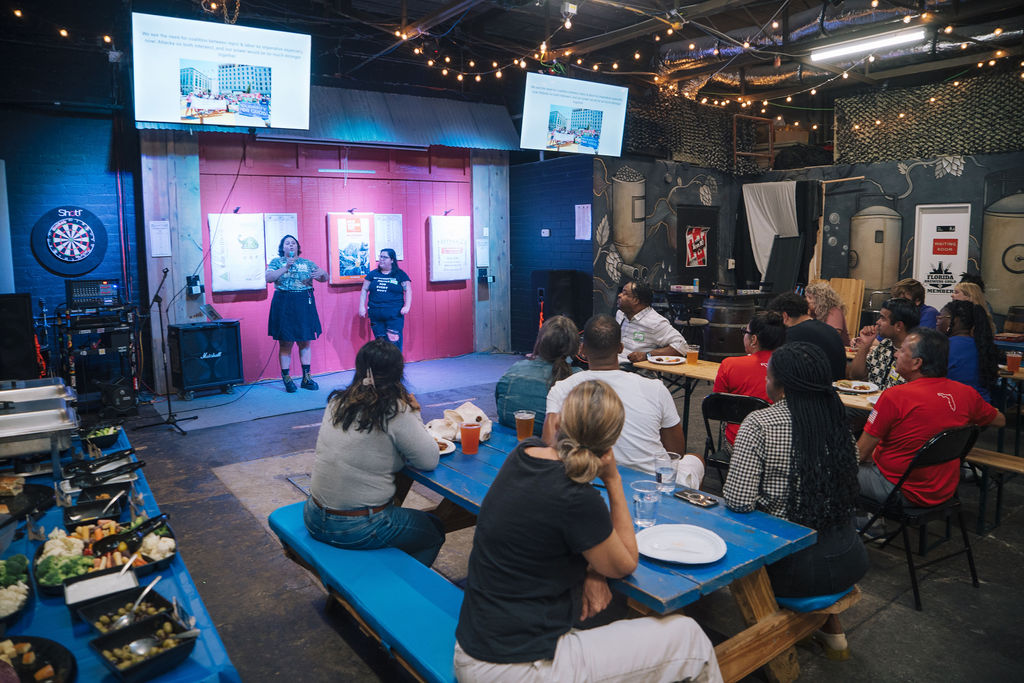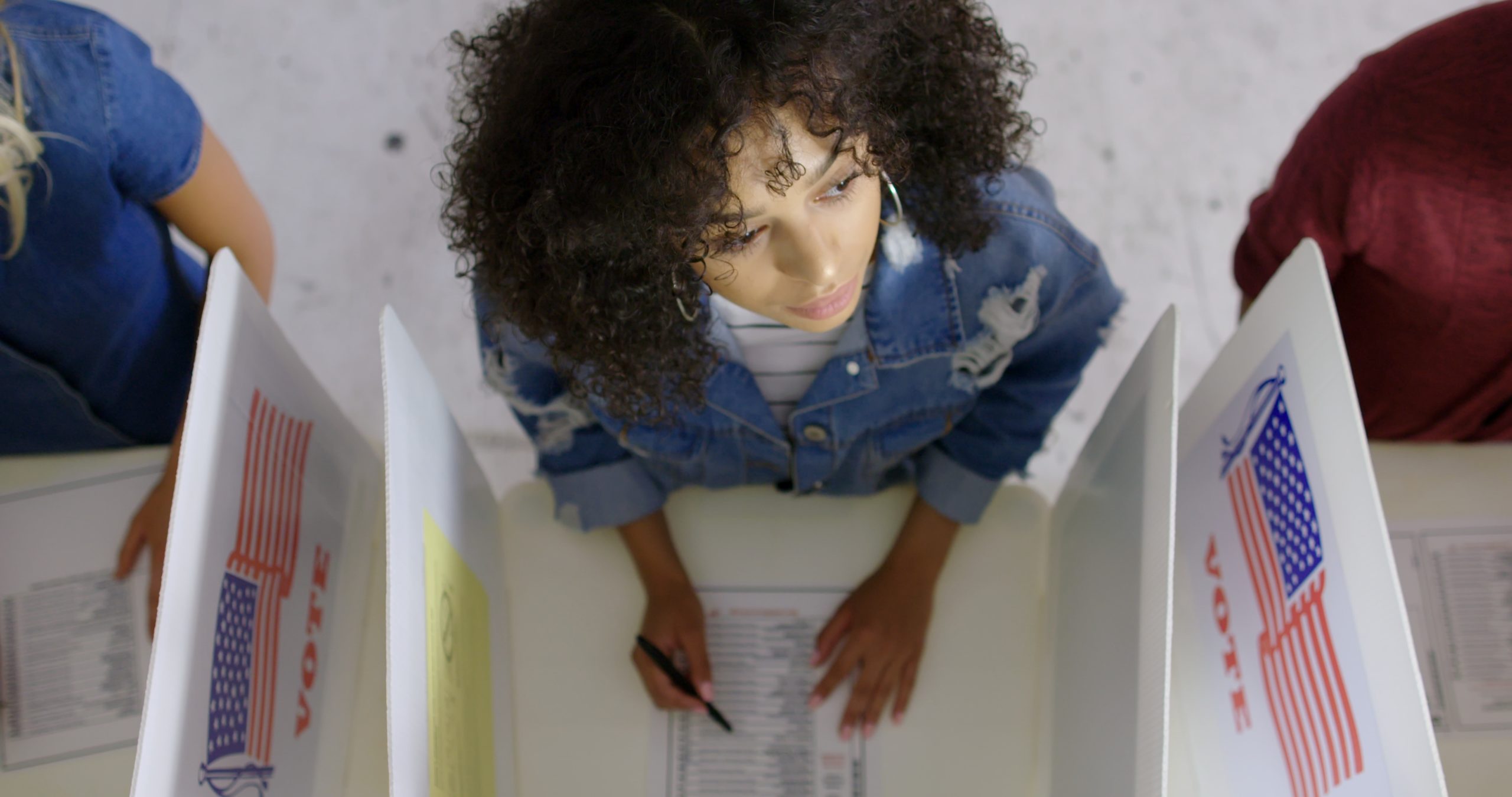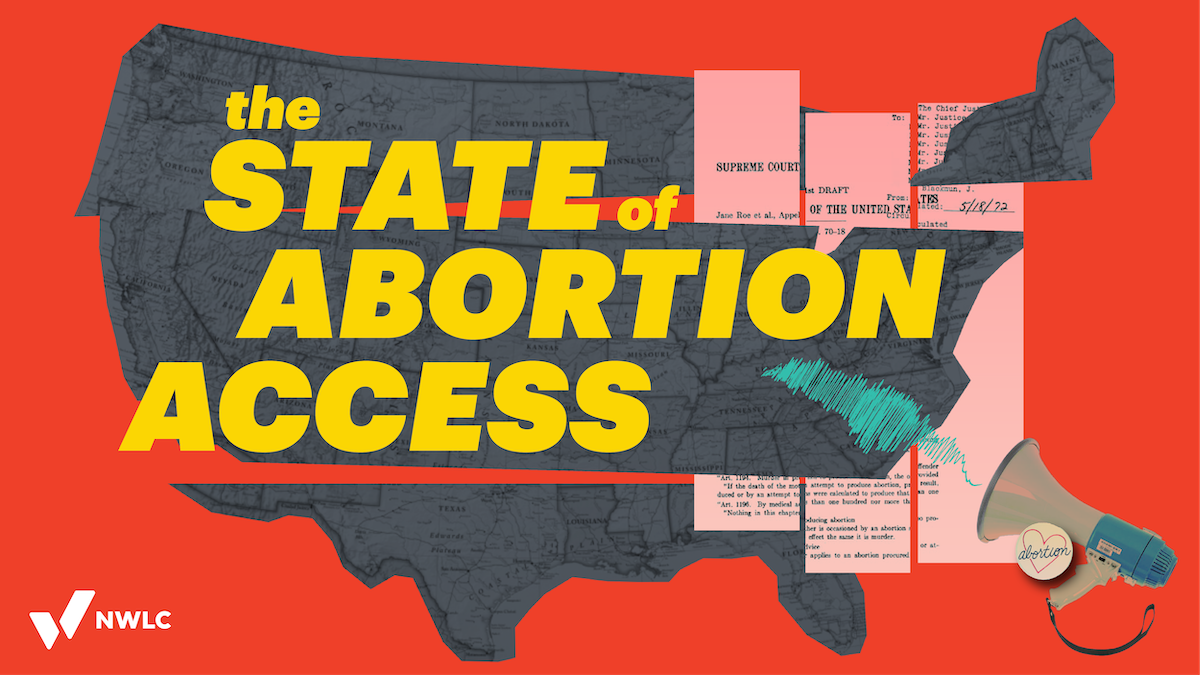All gifts, up to $10,000, TRIPLE-matched until June 30!
New Poll of Georgia Voters Highlights the Gaps Between Black Women Voters and Elected Officials

Georgia’s Black women voters believe in their impact but are less likely to believe that their vote impacts how the country, their state, and their communities are governed when compared to Georgia’s white voters
ATLANTA (November 3, 2022) – Although Black women voters transformed the political landscape of Georgia in 2020, many feel that their core issues of concern – reproductive freedom and economic security – are shortchanged by their elected officials.
The findings of an online poll of Georgia voters that was released today by 9to5 Georgia and the National Women’s Law Center highlight the gaps between Georgia’s Black women voters and elected officials, while also demonstrating the popular support for Black women’s core issues across race and gender when compared to white voters.
“Black women voters and their contributions to our state are significant, and their issue interests must be reflected in the candidates that represent them. These polling results tell a story of what is truly important to Black women voters, but currently, these issues are being ignored by our lawmakers,” said Mica Whitfield, Georgia State Director at 9to5.
“The poll results send a clear message to politicians: Black women’s votes are earned, not guaranteed,” said Fatima Goss Graves, President and CEO of the National Women’s Law Center. “Black women know their power at the polls and they’re demanding a return on their investment from candidates. In a time where their rights are on the line, Black women voters are looking for confirmation that elected officials will fight for the issues most important to them – abortion rights, economic justice, and sensible gun control.”
Topline findings include:
- Abortion & Reproductive Freedom: Seventy-two percent of Black women voters and 58 percent of white voters in Georgia agree that elected officials should protect access to legal abortion for all, regardless of their personally held beliefs.
- Economic Justice:
- Black women reported greater difficulties in finding and affording child care than their white counterparts, particularly those in the younger age group of 18-34.
- Seventy-three percent of Black women and 64% of white voters agreed that the wealthy should be taxed for their fair share to fund services like public infrastructure, housing, education, and health care.
- Censorship in Schools: Seventy-six percent of Black women voters agreed that schools should be allowed to teach students that racial and gender inequality can exist in society and institutions, and also agree (81%) with policies that enable all students to learn in environments that allow them to be who they are and that are free from harassment, discrimination, and violence – only 52 percent of white voters agree with this.
- Gun Violence: Sixty-seven percent of Black women voters think elected officials passing gun laws that increase public safety and decrease gun violence is extremely important, compared to only 42 percent of their white voter counterparts.
You can access the full report here. This survey report details some of the issues and key policies that are motivating likely voters, especially women of color in Georgia. Additional information about the survey’s methodology follows this release.
9to5 Georgia and National Women’s Law Center spokespeople are available to discuss the poll’s findings.
###
9to5
9to5, National Association of Working Women is a national organization on the frontlines working for economic security for all women — particularly women of color. The organization has a national network of advocates and offices in California, Colorado, Georgia and Wisconsin.
National Women’s Law Center
The National Women’s Law Center fights for gender justice–in the courts, in public policy, and in our society–working across the issues that are central to the lives of women and girls. For 50 years, we have used the law in all its forms to change culture and drive solutions to the gender inequity that shapes our society and to break down the barriers that harm all of us—especially women of color, LGBTQ people, and low-income women and families.
Survey Methodology
These findings are part of additional data collection across key states. In collaboration with state-based partners, the National Women’s Law Center commissioned an online survey to assess the policy needs of women of color voters in Michigan, Nevada, and Georgia. In Georgia, the National Women’s Law Center collaborated with 9to5 Georgia to commission this poll. The survey was administered by Vision Strategy and Insights during a three-week period, from August 4 through August 21, 2022. The survey encompassed a total of 505 online interviews, 300 among Black women voters and 205 among white voters (102 women and 103 men). The survey also included a readable sample of lower-income voters (defined as income less than $60,000). Respondents were specifically targeted as likely to vote in the November 2022 midterm election (six or more on a 10-point scale) and represent a diverse spread across political ideologies.



